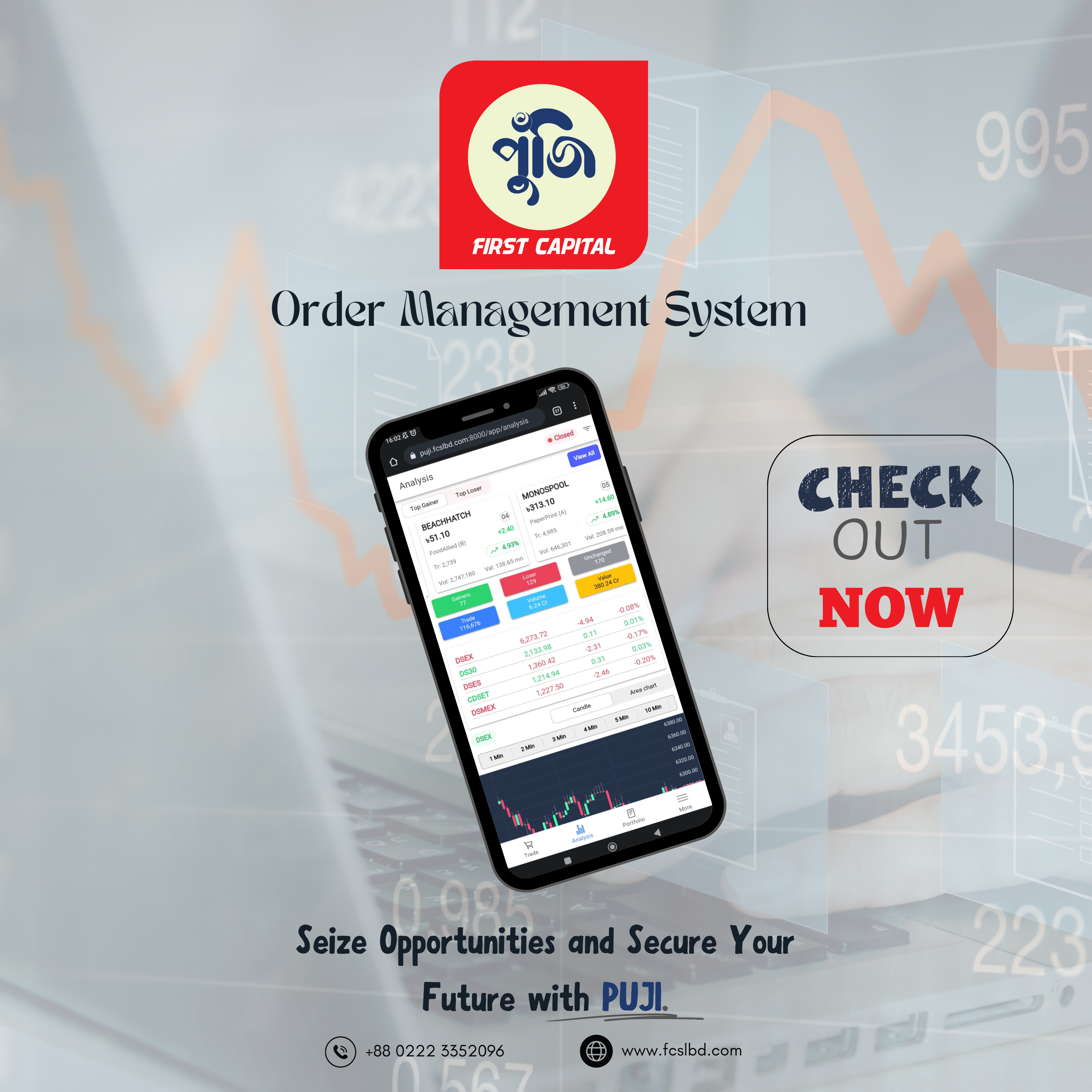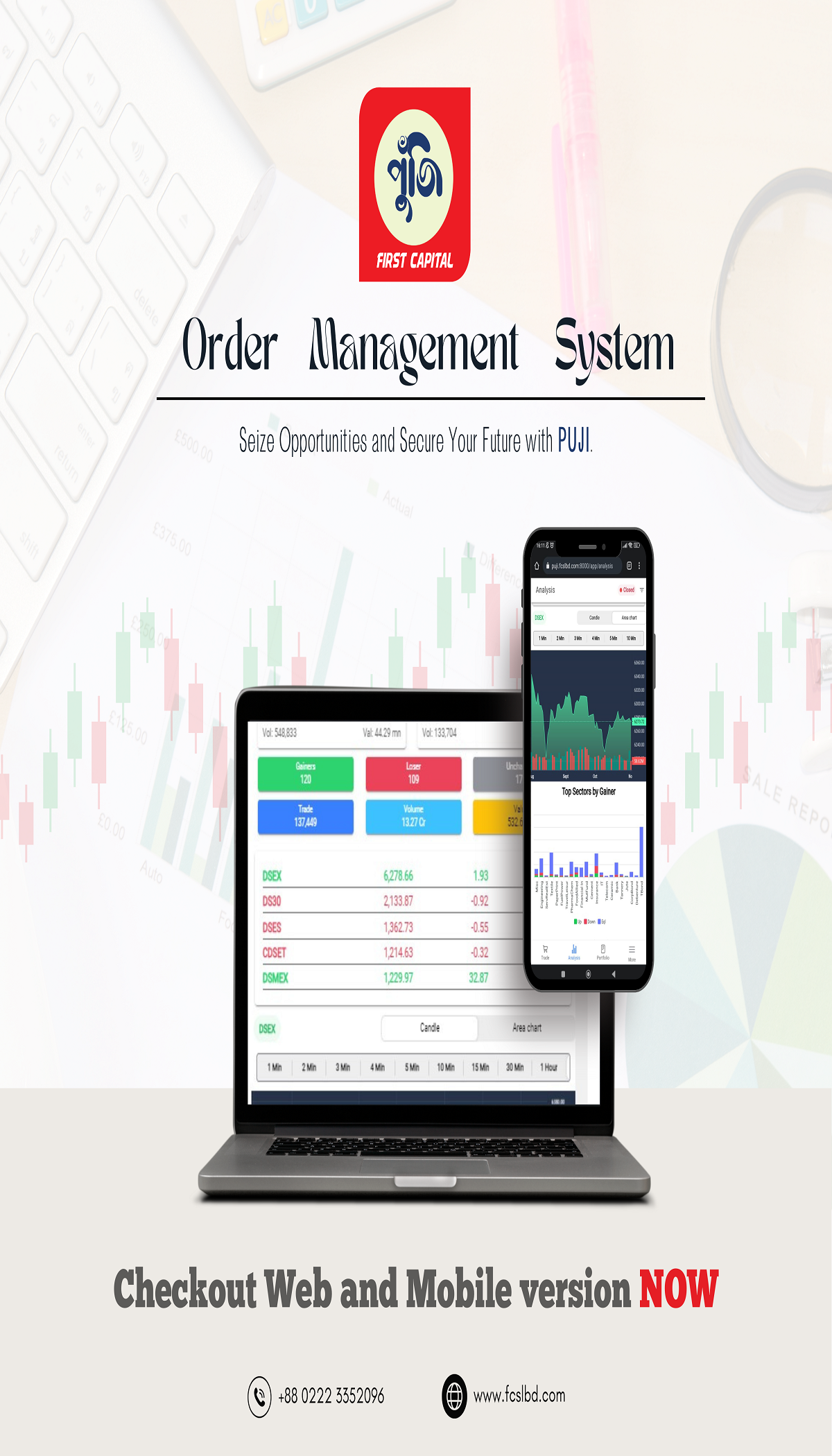Bangladesh is implementing an automatic fuel oil pricing system aligned with the international market effective from March 2024 to comply with the International Monetary Fund’s loan conditions.
The draft formula for this system will be finalised by 12 December coinciding with the next IMF board meeting, an Energy Division official told The Business Standard. The meeting is expected to approve the release of the second tranche of the $4.7 billion loan for Bangladesh.
The Bangladesh Petroleum Corporation (BPC) will then put the process in effect after Prime Minister Sheikh Hasina’s approval.
A senior official at the BPC, the government agency responsible for managing fuel oil, confirmed that all preparations for the automatic pricing system are complete.
He added that following the prime minister’s approval, it will be implemented under the new government formed after the 7 January general elections.
Fuel oil prices in the international market have fluctuated significantly in recent months. Prices dipped slightly recently but rose steadily through August, September and October.
Bangladesh’s fuel prices were last adjusted on 30 August 2022, despite the subsequent volatility in the international market and the depreciation of the taka against the dollar.
The government initially planned to implement the automatic pricing system on 1 September this year. However, this was postponed due to the national elections and the uncertain international market conditions. As a result, the BPC incurred a loss of around Tk1,100 crore from July to October.
Cost will be on the day’s exchange rate
Energy Division officials explained that the import cost of fuel oils will be calculated based on the exchange rate on the day of payment. Additionally, the final price will include customs tax, dealer commission, potential BPC development costs, operating expenses, transportation charges, and a small profit margin. Prices will be adjusted monthly to reflect these factors.
Officials also clarified that the formula is based on the import parity price of refined fuel oils. This means that domestic fuel oil prices will fluctuate in line with the international market price of refined oils, considering that 70% of Bangladesh’s fuel oil imports are already refined.
India’s fuel oil prices are also factored into the formula to deter fuel oil smuggling across the border. By aligning Bangladesh’s fuel oil prices with India’s market prices, the government aims to eliminate the incentive.
Energy Division officials further explained that the added profit margin in the consumer fuel price reflects the government’s plans for establishing private sector refineries and fuel oil marketing.
This initiative aims to create a competitive market for fuel oil and eventually offer consistent prices across both the public and private sectors.
Once the private sector establishes refineries and fuel oil marketing companies, fuel oil will be sold at the same price across both the public and private sectors throughout the country.
This unified pricing will be determined by incorporating a profit margin for private companies during the pricing process. Consequently, the government will also benefit from a more efficient and competitive fuel market, officials said.
On 30 August last year, the government fixed fuel prices at Tk109 per litre of diesel and kerosene, Tk125 per litre of petrol, and Tk130 per litre of octane in an executive order.
After that, the price of fuel oils fluctuated in the international market, but the government did not change the price.
However, the Bangladesh Energy Regulatory Commission (Berc) has of late been fixing the price of liquefied petroleum gas (LPG) at the consumer level as per the announced consumer price of Saudi Aramco.
source: tbsnews.net
International Monetary Fund fuel oil pricing automatic




